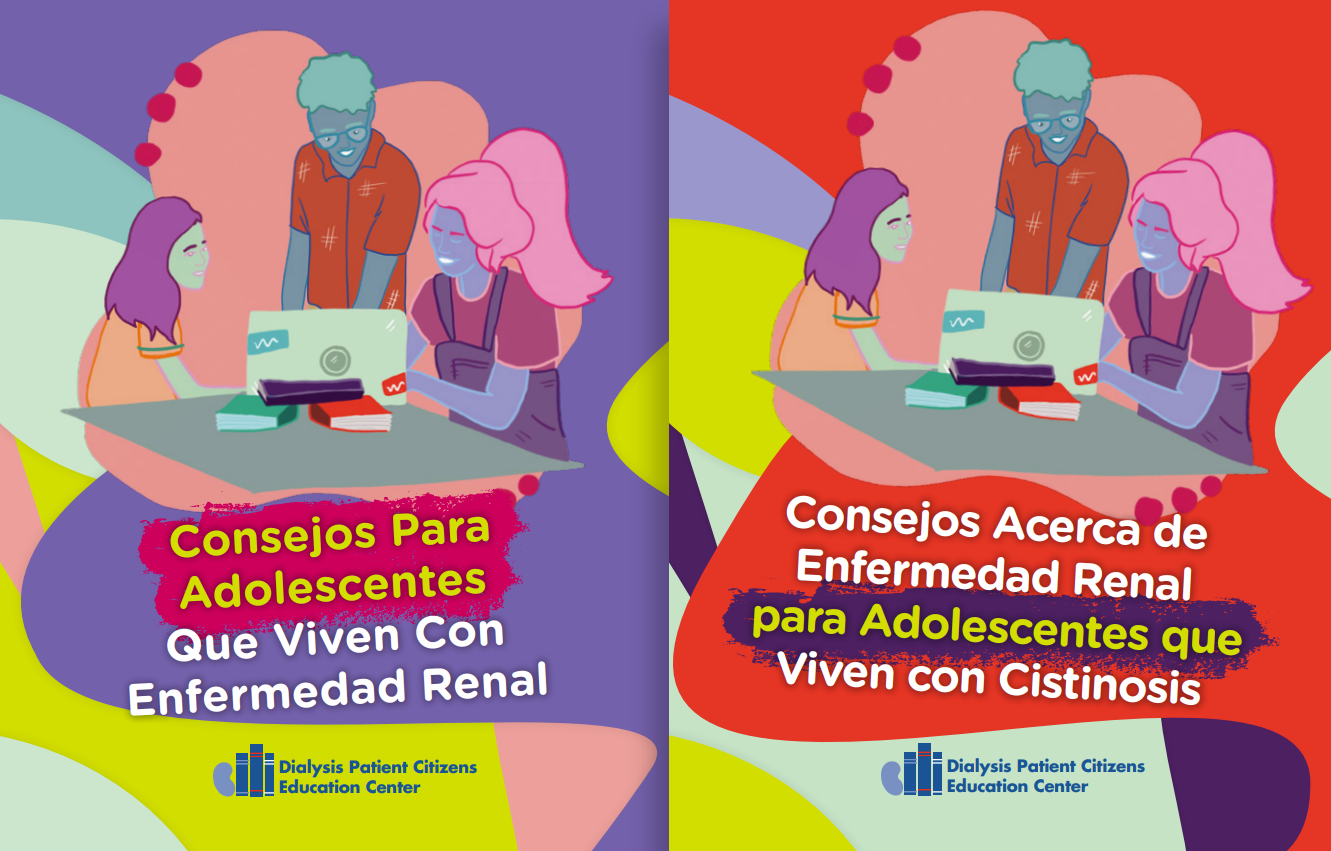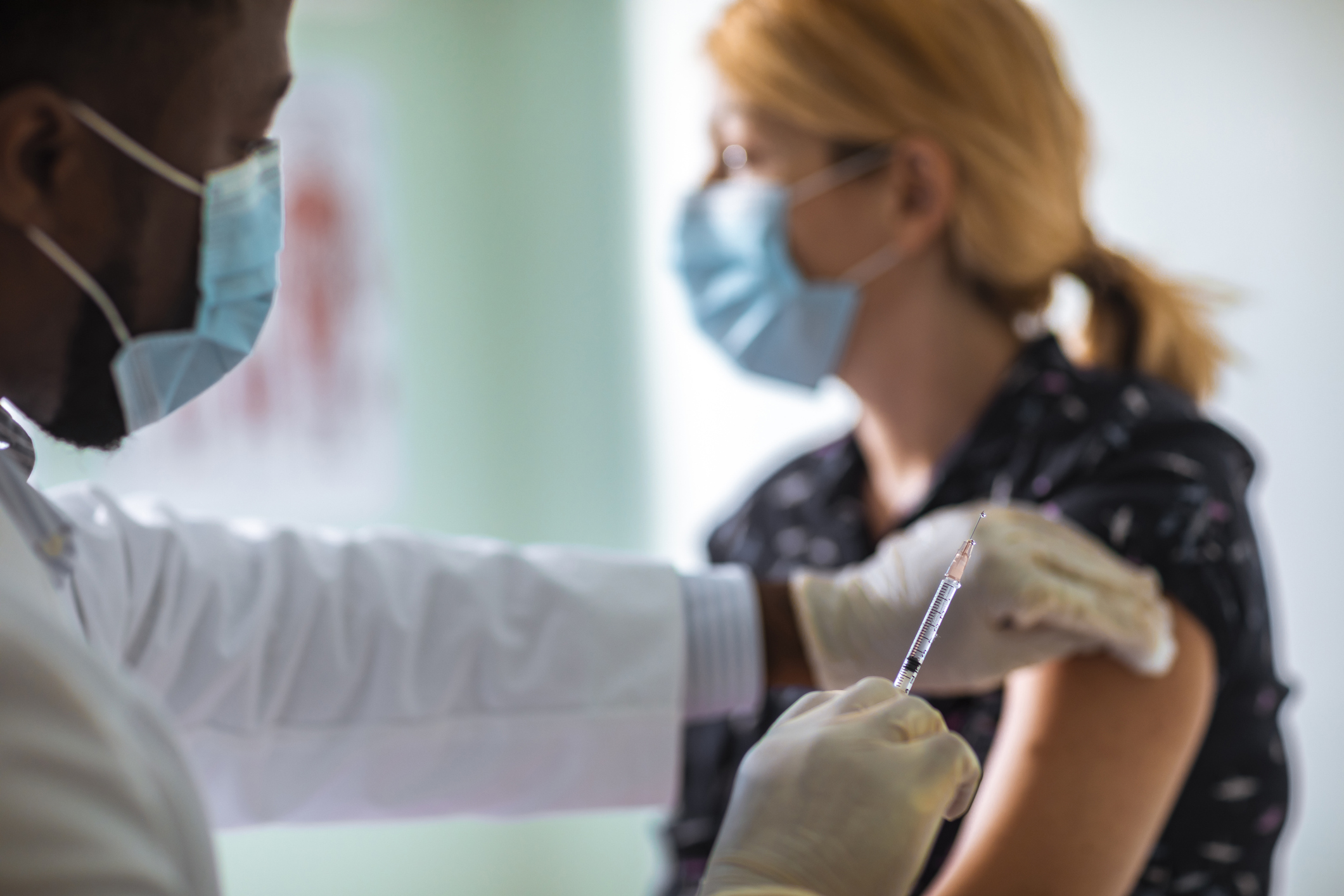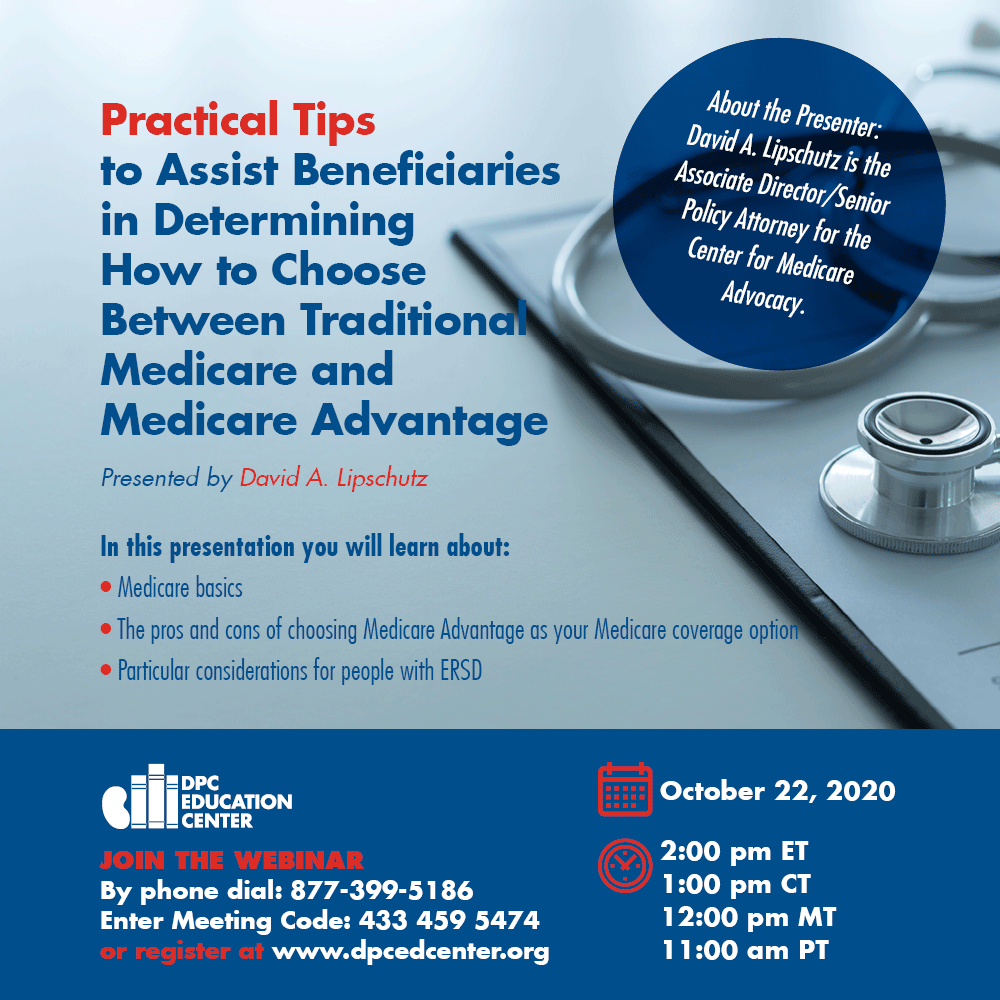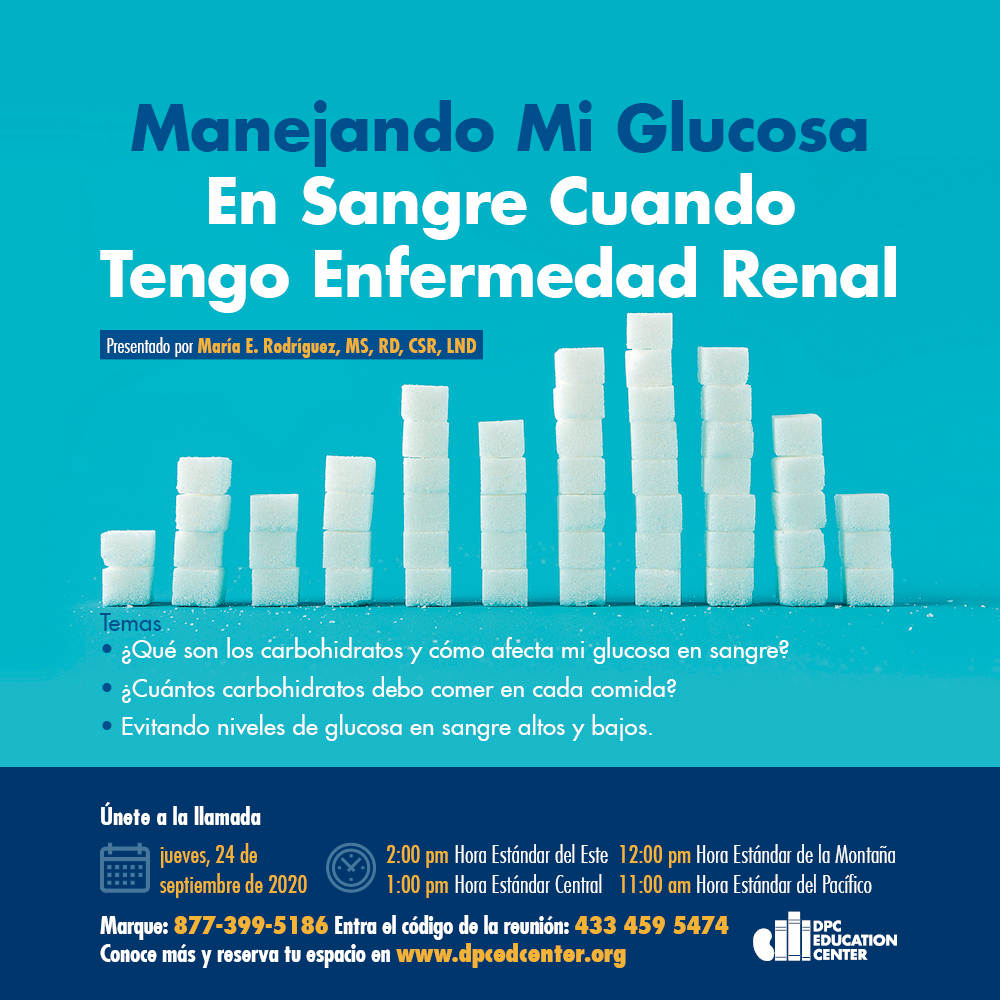New Online Course About Exercise
The DPC Education Center just launched a new online course called: Exercise and the Benefits to You and Your Kidneys. Exercise is important for our physical and mental health. This course explains why exercise is important, how it benefits people living with kidney disease and how you can develop a personalized exercise program that will work for you. Check out the Course










